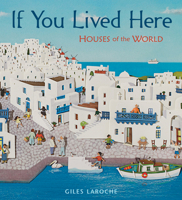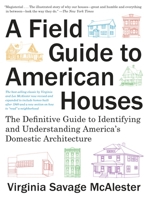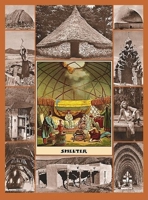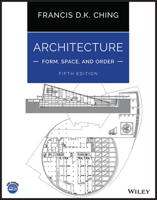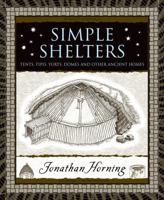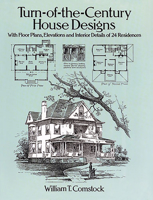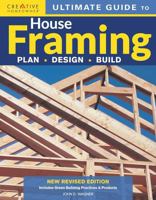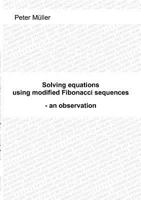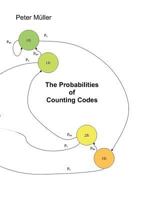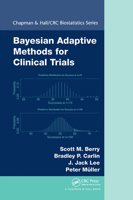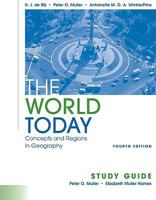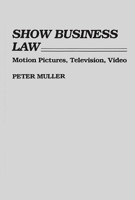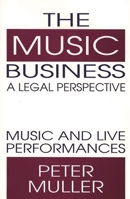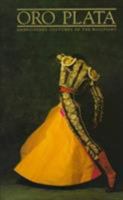Palaces of Vienna
Select Format
Select Condition 
You Might Also Enjoy
Book Overview
The city of Vienna is unrivalled for its beautiful palaces. Once an imperial capital and a European metropolis, Vienna attracted noble families from all over the Holy Roman Empire and the Habsburg dominions, all eager to build impressive residences close to the Imperial Court. The result was a wealth of palaces reflecting the artistic development of Vienna over the centuries. The palaces built during the seventeenth and early eighteenth centuries, and the public and private buildings of the second half of the nineteenth century, in particular, are some of the loveliest anywhere in the world. This illustrated book describes the historical and stylistic development of Viennese palace architecture from its Renaissance beginnings, through the baroque period to the classical and Biedermeier styles, culminating in the fabulous buildings of the Ringstrasse. Every surviving palace is described and illustrated - both inside and out. The photographs of the Hofburg, the Imperial palace at the heart of the city, are especially moving, as they were taken shortly before it was devastated by fire, towards the end of 1992. This description may be from another edition of this product.
Format:Hardcover
Language:English
ISBN:0865651329
ISBN13:9780865651326
Release Date:January 1993
Publisher:Vendome Press
Length:239 Pages
Weight:3.70 lbs.
Dimensions:1.0" x 9.8" x 12.6"
More by Peter Müller
Customer Reviews
3 customer ratings | 3 reviews
There are currently no reviews. Be the first to review this work.















